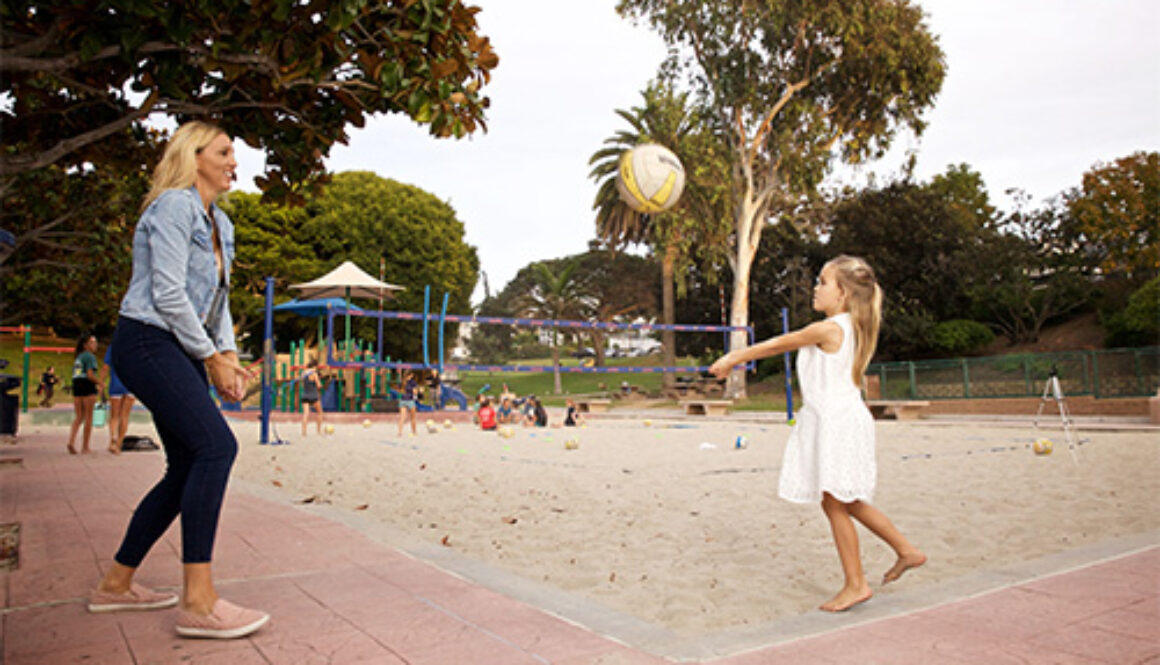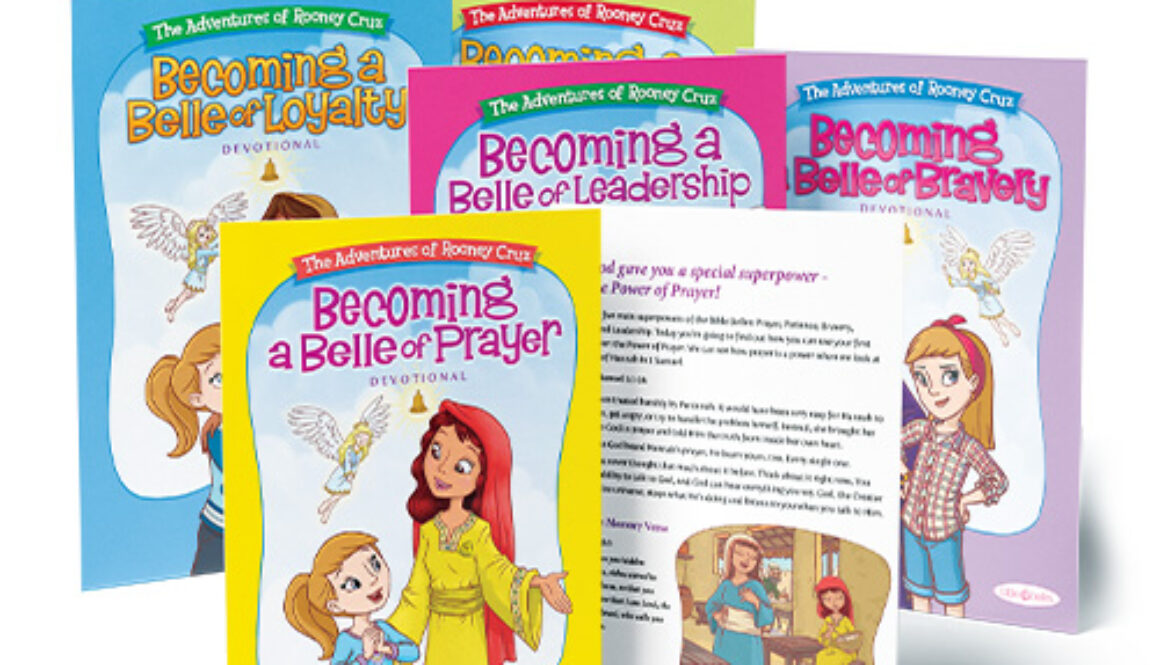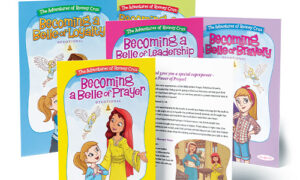Growth or Fixed: Why Her Mindset Matters

If parents want to give their children a gift, the best thing they can do is teach them to love challenges, be intrigued by mistakes, enjoy effort, and keep on learning.
Carol Dweck
During my last few years as a classroom teacher, I was grateful for the professional development training I received as a member of our school faculty. I will never forget when our team introduced the mindset research conducted by Dr. Carol Dweck, a Stanford psychology professor.
In her work, Dweck studies human motivation. She tries to understand why people experience success (or don’t) and what is within a person’s control that affects the outcome. Her theory is that there are two mindsets — fixed and growth — and the difference between them is incredibly powerful.
In her TEDTalk, Dweck describes “two ways to think about a problem that’s slightly too hard for you to solve.” Operating in this space — just outside of your comfort zone — is the key to improving your performance. It’s also the critical element to deliberate practice. People approach these problems with the two mindsets… “Are you not smart enough to solve it …. or have you just not solved it yet.”
You can watch the complete TED Talk, Developing a Growth Mindset with Carol Dweck, here.
I want to challenge you today with a question: how are you raising your daughter? Are you raising her for now or yet?
Your daughter’s mindset— the way she perceives her abilities — falls somewhere between two opposites:
- Fixed Mindset — Students believe their skills, talents and overall intelligence are unchangeable traits. They may resist learning and trying to improve, typically feeling embarrassed when not understanding something.
- Growth Mindset — Students know they can develop their skills and talents through effort and persistence, as well as being receptive to lessons and feedback. They generally believe they can improve through hard work and trying new learning methods.
If you can shift your daughter towards the latter, Dweck writes that you can improve the level and frequency of their successes in learning because mindset plays an important role in self-motivation.
The question then becomes: “How can I instill a growth mindset in my daughter?”
Here are two simple ways to get started:
1. Start praising authentic effort, not intelligence.
“Wow! You’re so smart.”
When you praise intelligence, you run the risk of reinforcing the idea that “smarts” are natural-born and not something that a person can acquire. Instead, emphasize the importance of planning and trying new approaches that foster creative problem-solving.
Instead, say, “Great job! The study schedule you created really paid off. That was a good strategy you could use for the next test.”
“You’ll get it eventually. Just keep trying.”
Although effort is typically aligned with a growth mindset, praising it can backfire. The key is to employ a new strategy. The effort is there, but it will change slightly. If your daughter is working hard to “get” something but it’s not paying off (yet!), she may feel incompetent if you tell her to just keep trying in the same way.
Instead, say, “If you are having trouble with these types of questions, try using a different approach. Is there a way to draw, write, or act them out?”
2. Talk to her about your mindset.
It’s so easy sometimes to focus on telling our kids what to do versus telling them what we’ve already done. Were there specific struggles with learning that you experienced as a child? When you were younger, what did you believe about yourself and your own effort, skills, and abilities? Did you operate from more of a growth or fixed mindset? What have you learned about learning? Share that wisdom with your daughter.

“It’s not that I’m smart; it’s just that I stay with problems longer.”
Albert Einstein
Want to find out where your girl is on the Growth Mindset Continuum? Don’t put it off.
Take the quiz and find out!










 Arlene Pellicane is a speaker and author of several books including Parents Rising, 31 Days to a Happy Husband and Calm, Cool, and Connected: 5 Digital Habits for a More Balanced Life. Arlene has been a featured guest on the Today Show, Fox & Friends, Focus on the Family, FamilyLife Today, The 700 Club, and Turning Point with Dr. David Jeremiah. Arlene hosts The Happy Home podcast and writes regularly for Proverbs 31 Ministries and Girlfriends in God. Arlene earned her BA from Biola University and her Masters in Journalism from Regent University. Arlene lives in San Diego with her husband James and their three children Ethan, Noelle, and Lucy. To learn more, visit
Arlene Pellicane is a speaker and author of several books including Parents Rising, 31 Days to a Happy Husband and Calm, Cool, and Connected: 5 Digital Habits for a More Balanced Life. Arlene has been a featured guest on the Today Show, Fox & Friends, Focus on the Family, FamilyLife Today, The 700 Club, and Turning Point with Dr. David Jeremiah. Arlene hosts The Happy Home podcast and writes regularly for Proverbs 31 Ministries and Girlfriends in God. Arlene earned her BA from Biola University and her Masters in Journalism from Regent University. Arlene lives in San Diego with her husband James and their three children Ethan, Noelle, and Lucy. To learn more, visit 












